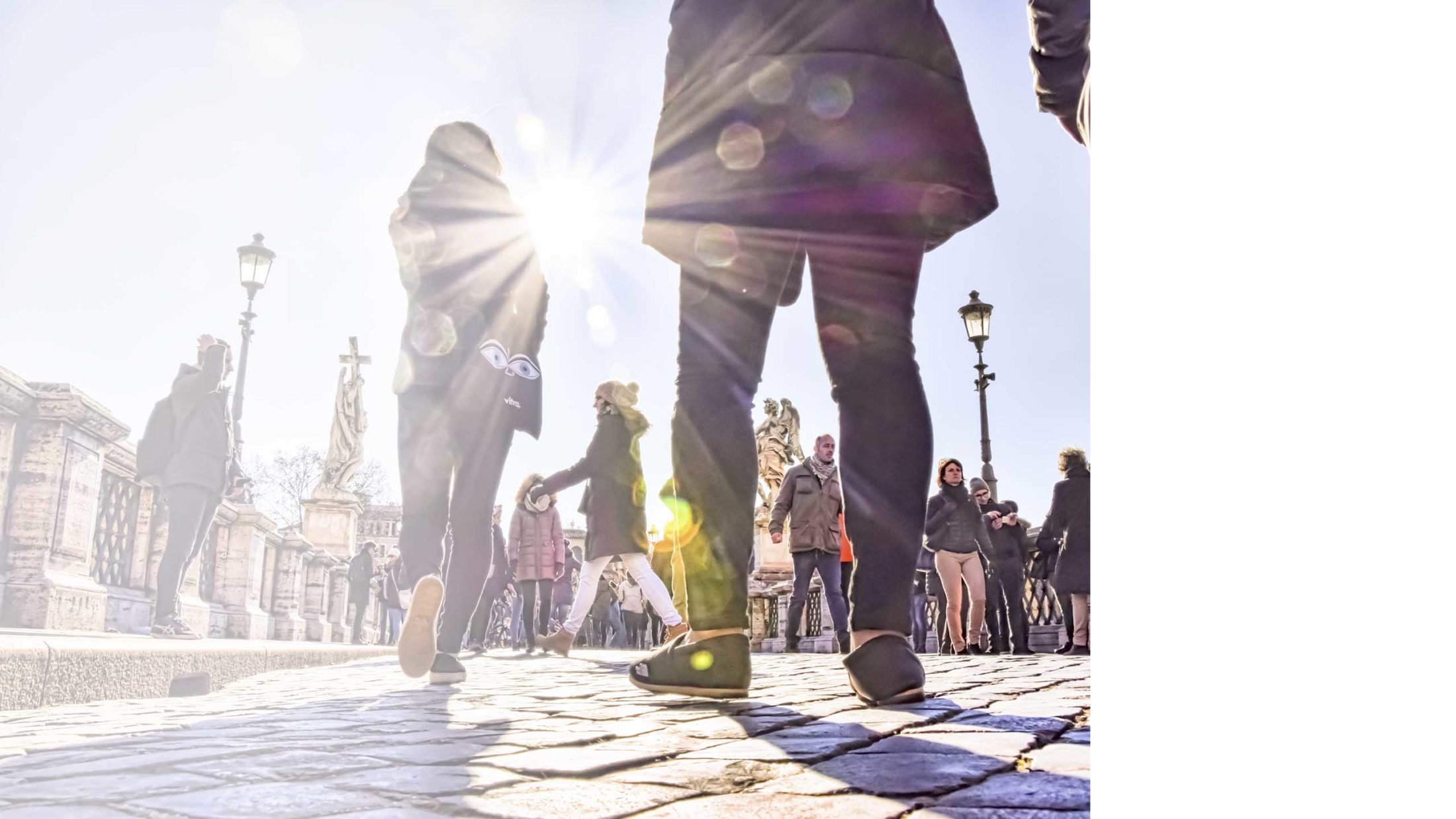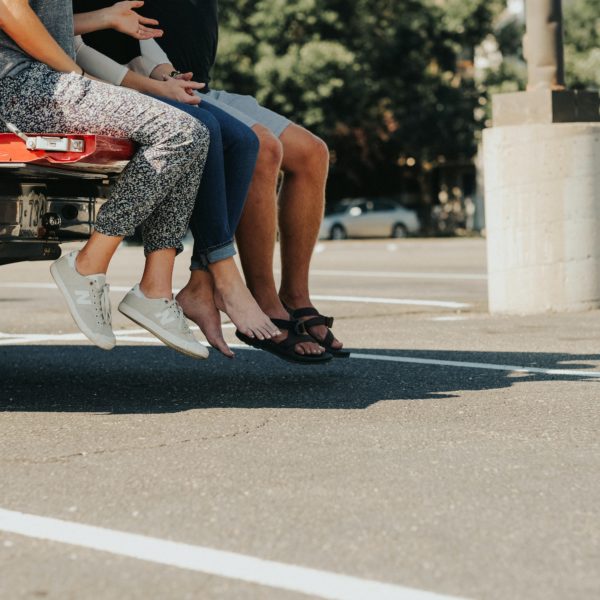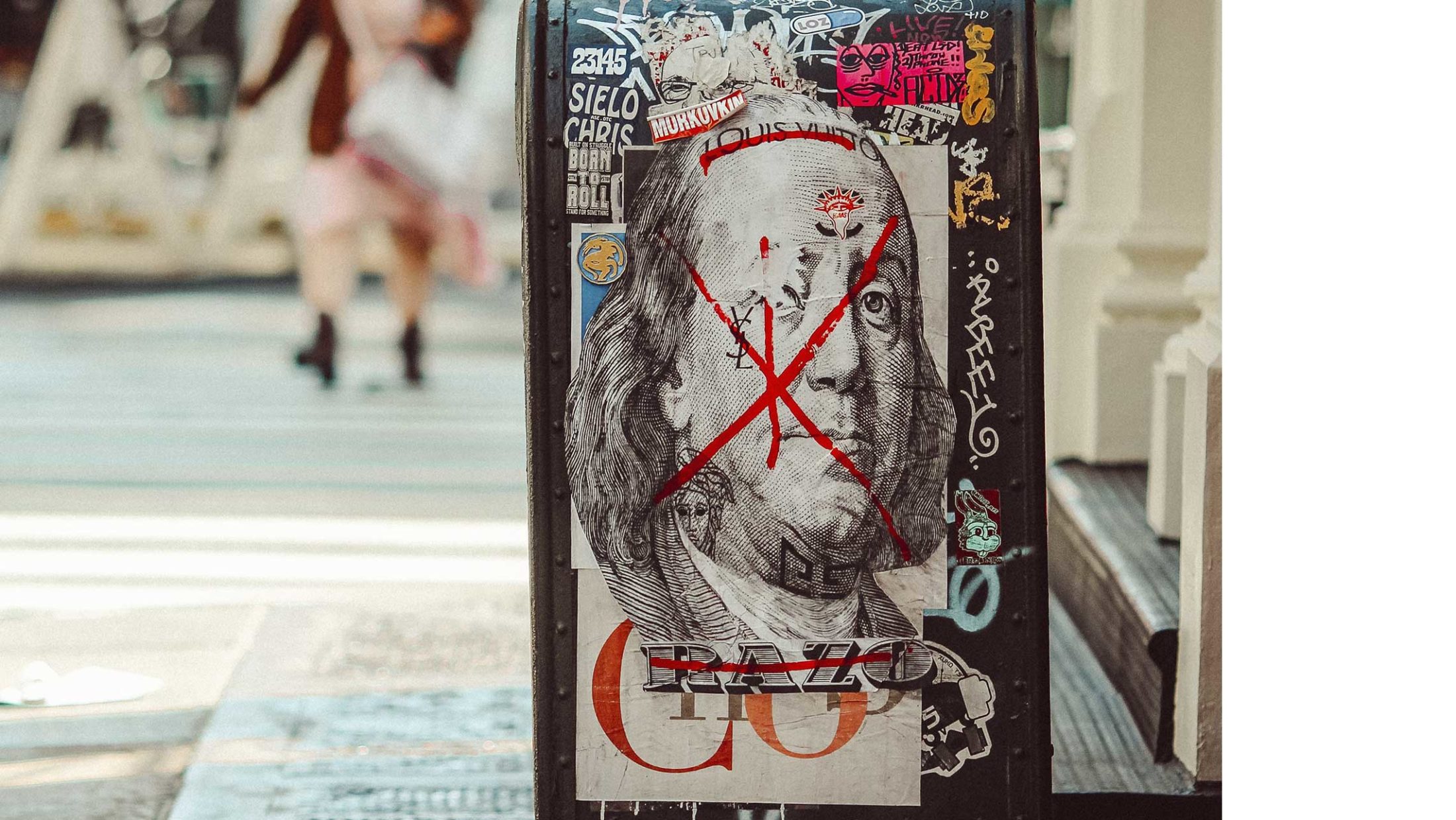We Before Me
People are increasingly realizing their impact on others and others’ impact on them.
People are increasingly realizing their impact on others and others’ impact on them. At a rate and global scale never before experienced. Beyond debates of independence versus collective responsibility, we are seeing an increased recognition of interdependence…for survival. This is very meta stuff. But it’s also quite simple: When the quality of my survival is dependent on the quality of yours, I NEED you to do well. I NEED you to be healthy for my health. I NEED you to keep your distance, wash your hands, not come into work when you’re sick…so that I stay healthy. I NEED you to return to work…so I can go to a restaurant, travel, socialize, etc. We need each other. Beyond emotional love and belonging, we need each other in an important functional shift to an idea we’ll call “self-reliant interdependency”, i.e., I must do my duty to maximize my own survival, but so must you and you and you to maximize mine (not to mention your own). Individual actions create a greater collective outcome AND a better individual result.
Conversation associated with this signal had a total reach of 87.7 billion, and more than 194 billion impressions since October 2019. Monthly engagement peaked at 9.8 billion in June 2020 (+310% uplift in monthly engagement). Mentioned online 19 times per second globally in the past 2 years.
CITIES: NOW
—
Cities across the world are changing to meet the needs of their citizens. In Barcelona, the Superblock Regeneration Project has transformed 7 million square meters – about twice the area of Central Park – from busy roads choked by cars to open community spaces where people can work, move, and play. 70,000 surface parking spots have been removed in Paris, as it seeks to repurpose congested inner-city roads dominated by cars and create a ‘city of proximities.’
LOGISTICS: NOW
—
Logistics firms are more emotionally relevant according to data from the Customer Agency, C Space. UPS drivers have become an intrinsic part of their communities. Alongside delivering vital goods, they took time to positively interact with customers, from simple conversations to playing games in the streets with local kids.
SHARED OWNERSHIP: NOW
—
Carpooling services are revolutionizing the environmental impact we have through vehicle ownership. BlaBlaCar members organized almost 100 million journeys. BlaBlaCar carpooling reduced overall carbon emissions by 894,000 tons of CO2 which would have been emitted due to empty passenger seats. Every Zipcar takes 13 personally owned cars off the streets. In Boston, Zipcar has reduced single car ownership by 150,000 cars.
MICRO-MOBILITY: NEXT
—
The growth of micro-distance EV services illustrate how we are increasingly interacting with our communities and built environments to move. Micro mobility investor and evangelist Oliver Bruce estimates that more than 1.4 trillion miles of annual US passenger travel—and more than 4 trillion miles globally—could be converted to micro mobility modes, an addressable market potentially worth hundreds of billions of dollars.
CITIES: NEXT
—
Urban planners and designers are linking mobility, infrastructure, labor, health & social services, by prioritizing the concept of “care.” New York has proposed a new Department for Care, which would coordinate services including transportation and health.
AUTOMOTIVE: NEXT
—
While the car traditionally represents personal liberty, the community-orientated city is increasingly challenging the car’s role within cities at a regulatory and personal level. This shift is undeniable, with this signal gaining a total reach of 87.7 billion since October 2019.





